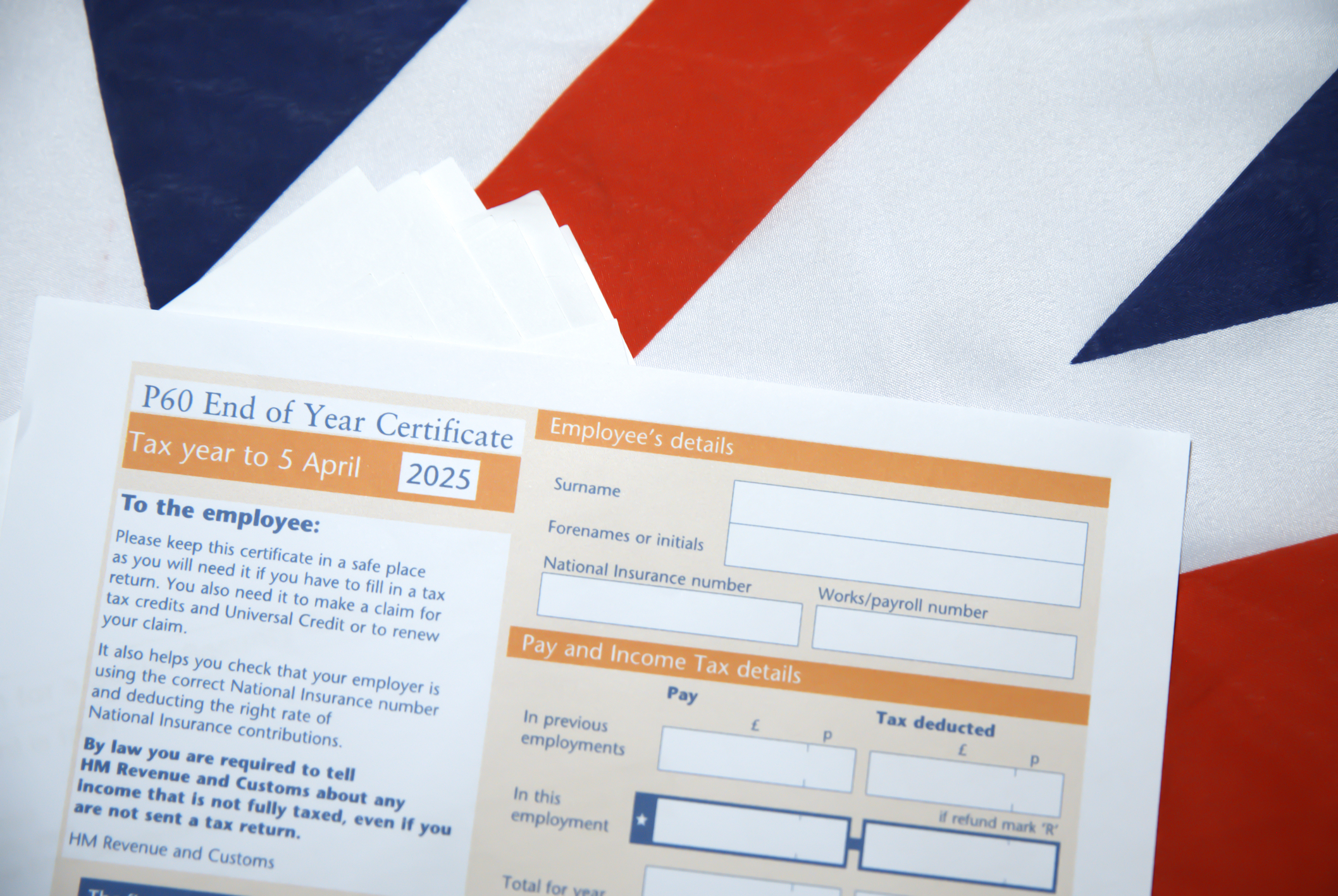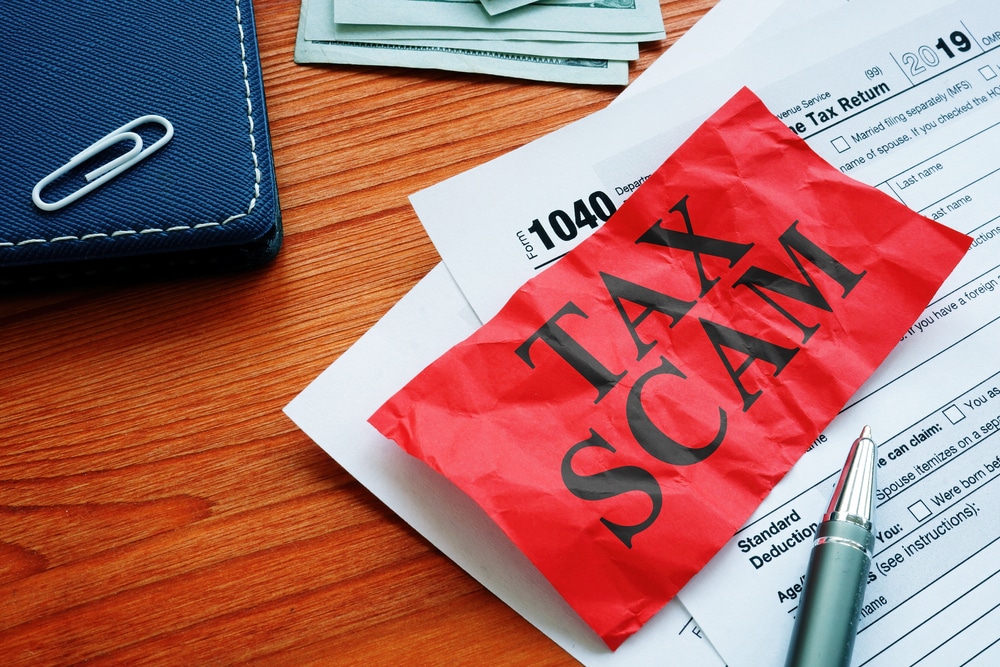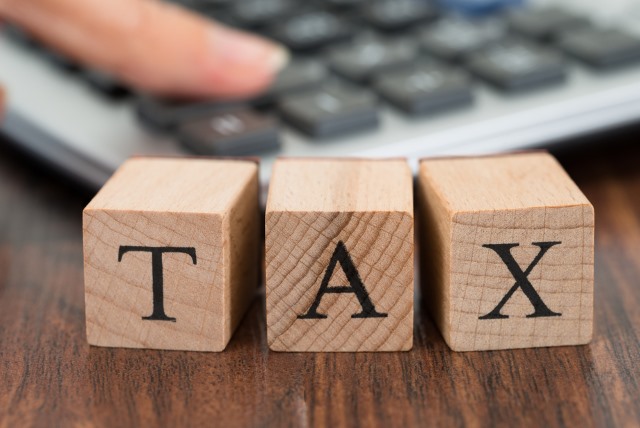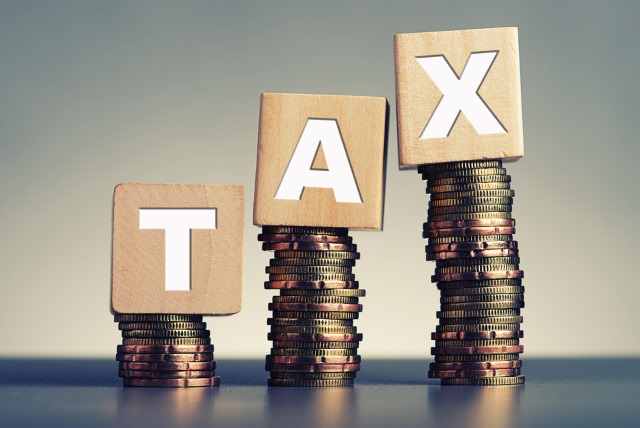
UK tax agency using AI to help target fraud and evasion
HM Revenue and Customs (HMRC), the UK’s national tax authority, has confirmed it is using artificial intelligence to monitor the social media accounts of people suspected of tax fraud. The BBC reports that this is done only as part of criminal investigations and not for everyday taxpayers.
For readers outside the UK, HMRC is the government department responsible for collecting taxes, administering certain benefits, and enforcing compliance with tax laws. Its role is similar to the Internal Revenue Service (IRS) in the United States or the Canada Revenue Agency (CRA) in Canada.

Harmonizing human insight with AI: The future of tax and finance in the digital era
In common with many industries, the digital transformation era has ushered in a paradigm shift in the tax and accountancy sectors. This has placed automation and artificial intelligence (AI) at the center of operational innovation, efficiency and competitive advantage. In doing so, these and other technologies are redefining the way industry professionals approach their work, with profound implications for the future.
Among the key questions this creates are: what does this all mean for human skillsets and expertise, and how can businesses balance these changes with uniquely human capabilities, ensuring that one complements the other? In looking for answers, there are several key areas to consider:

How to avoid phishing scams as we approach this year's tax deadline
U.S. taxpayers beware! Tax scams and malware attacks are running rampant as we approach this year's tax deadline -- mostly driven by phishing scams.
With the looming April 18 US tax deadline, cybercriminals have sprung into action. For one, a devious Emotet malware phishing campaign has been launched, masquerading as official W-9 tax form emails sent from the Internal Revenue Service (IRS) and companies that may be connected to your work life. A malicious group known as Tactical#Octopus is also on the prowl and looking to spread malware through fake file downloads claiming to be related to taxes.

Embracing the latest technological developments in the tax industry
Amidst enormous digital changes in the tax industry, the upcoming 2026 deadline for Making Tax Digital (MTD) for Corporation Tax (CT) has the potential to give tax departments a headache -- with no magic pill to cure it. The required changes to VAT and CT data and processes has created a growing desire for dedicated technology to build more efficient and cost-effective operations.
As research from Deloitte indicates that 93 percent of tax functions will be offered the same or a reduced budget over the next three years, senior tax executives are challenged to do more with less. Investing in the right tech and securing the necessary skills is critical to stay compliant, whilst securing and generating business value. New technologies have begun to dominate in an increasingly virtual landscape and, as with any business changes, many struggle to get started and overcome the implementation challenges. Yet, the benefits of embracing these new opportunities far outweigh the initial hurdles.

Hackers spoof fintech apps as tax season approaches
The annual tax season is inevitably the cue for a spate of attacks impersonating official sites or popular accounting software.
In a new twist for this year researchers at email security firm Avanan have uncovered attacks spoofing fintech apps such as Stash and Public to steal credentials and give users a false sense of security that they've compiled the right tax documents.

Phishing campaign uses US tax season to lure victims
Researchers at Cybereason have detected a new campaign targeting US taxpayers with documents that purport to contain tax-related content.
These deliver NetWire and Remcos -- two powerful and popular RATs which can allow attackers to take control of the victims' machines and steal sensitive information. The malicious documents used are roughly 7MB in size, which allows them to evade traditional AV mechanisms and heuristic detection.

US taxpayers think filing returns online is risky -- but they do it anyway
Thanks to the COVID-19 pandemic and extended tax filing deadline for 2020 its likely that people will be submitting their returns over a longer period this year.
New research from information security company Shred-it shows that most Americans file their tax returns online, even though many believe this puts them at greater risk of fraud.

Tax season is on, so are the scammers
The Better Business Bureau (BBB) recently issued a statement confirming that it is the busiest time of the year not only for the IRS, but also for bad actors trying to scam their way into people’s tax refunds. According to the BBB, the earlier you file your taxes, the lesser the chances of someone stealing your identity and claiming your tax returns. Unfortunately, a high percentage of everyone filing leave it for the last moment -- which will be July 15 this year -- and these are precisely the people scammers are targeting.
During tax season, many Americans wait on hefty refunds from the government. According to a survey done by NerdWallet, more than two out of five people said they prefer to overpay their taxes and get a refund. When scaled up to a national level, this means that the IRS is currently issuing refunds to staggering 80 million people. With major data leaks observed over the previous years, we’ve seen that scammers can quickly complete the puzzle of a person’s identity and get access to their cash. So, what are the top tax scams going on at the moment?

Organizations not adequately protected against tax phishing scams
With phisherfolk ever keen to cash in at the end of the tax year, a new study has analyzed the public DNS records for 200 domains likely to be impersonated for tax fraud and finds that 78 percent are not adequately protected.
The research from email security company Valimail looked at Fortune 100 businesses, US states' departments of revenue, federal tax agencies and well-known tax preparation services.

Apple is still trying to avoid paying a $14 billion tax bill in Europe
Apple is fighting in Europe's General Court to avoid paying $14 billion (€13 billion) in back taxes after an EU ruling back in 2016.
The iPhone-maker is one of many multi-national companies who have taken advantage of tax benefits in Ireland -- so-called "sweetheart deals" that the country offers to large companies and which the European Commission deemed illegal. Apple told Europe's second-highest court that the hefty tax bill "defies reality and common sense".

Tax identities up for sale on the dark web
While banking and identity information has been traded on the dark web for a long time, a new report from Carbon Black shows a new focus on tax identities.
The company's research shows previous year's W-2 forms and 1040 forms available on the dark web at relatively low cost, ranging from $1.04 to $52. Names, social security numbers and birthdates can be obtained for a price ranging from $0.19 to $62.

Taxpayers worry about online fraud but offline habits could be putting them at risk
As we approach the tax return season, a survey from document destruction and information security company Shred-It reveals that 38 percent of US taxpayers say they are worried they will become a victim of tax fraud or tax identity theft.
Yet according to the study 45 percent admit to storing tax paperwork in a box, desk drawer or unlocked cabinet at home or work. What's more, 19 percent admit they don't shred tax paperwork or physical documents containing sensitive information before throwing them away.

Apple to pay £136 million in back taxes after UK audit
HMRC (Her Majesty's Revenue and Customs) has completed an "extensive audit" of Apple, and accounts show that the company has been hit with a £136 million ($184 million) back tax bill.
There has been a great deal of interest in the tax arrangement of technology companies in the past couple of years, and the recent Paradise Papers revealed how Apple was structuring its finances. The latest payment in the UK comes after Apple agreed to settle a $15 billion bill in Ireland, and the company says its UK tax bill payments will increase in coming years.

Europe wants tech giants to pay higher taxes
Tech giants like Google or Amazon might end up paying a lot more tax in Europe, if a new EU initiative goes through.
A debate concerning whether tech giants should pay taxes wherever they produce value has been scheduled for September 15.

Don't fall for tax scams this season
At this time of year, the number of tax scams reaches a high, with fraudsters looking for any chance to cash in on consumers, the self-employed or small businesses who might be excited about potential refunds. Many people now do their taxes online, and cybercriminals are seeing this as a huge opportunity for phishing schemes. Take the recent HMRC email scam which sends fake emails asking the recipient to create a "government gateway account" to access information about their tax refunds, and subsequently requests personal banking details.
What’s more, recent ONS figures show that online fraud is now the most common crime in the UK, with almost one in 10 people falling victim. But whilst online fraud is growing, there are various types of scams which can take place, and it’s important for consumers and businesses alike to be aware of the threats.
